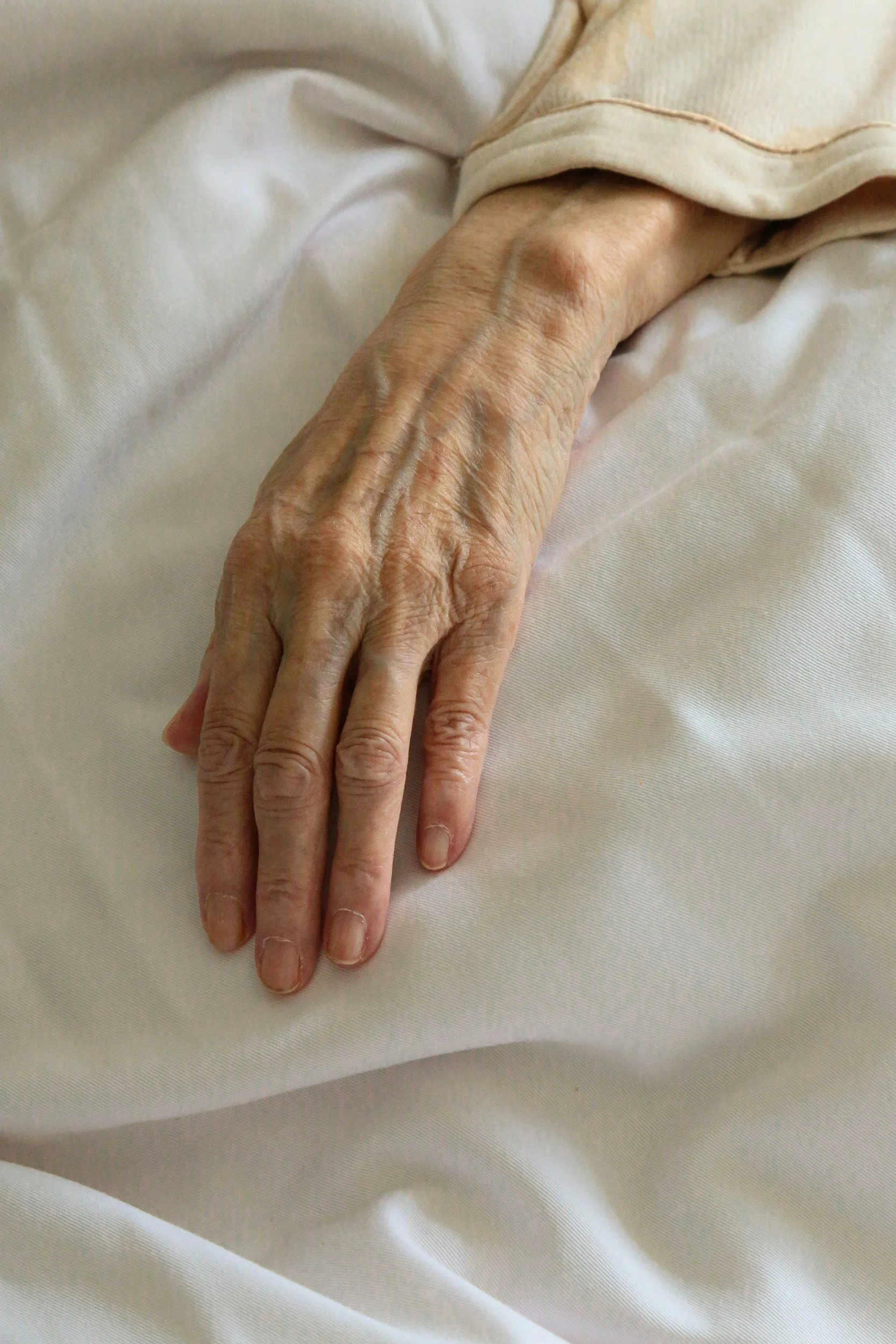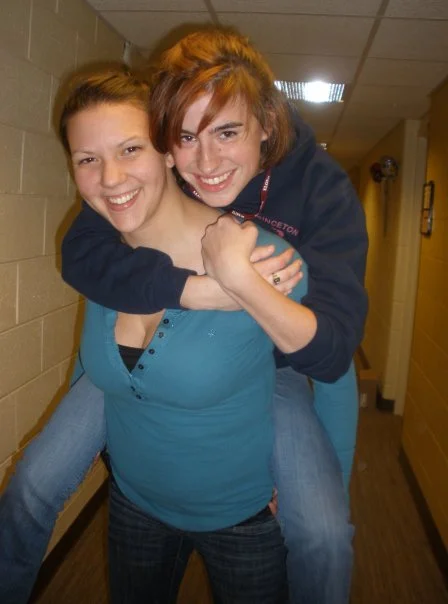Grief Without Consolation
I’m an editor for a Christian press. I have two degrees in religion, both with a focus in biblical/textual studies. Most of what I edit is Bible based, and I see a lot of my role as helping my theology-focused authors do good biblical interpretation.
My authors always teach me. Often, they teach me from their wisdom in pastoral, theological, or real life application of their faith. But sometimes they teach me Bible—Bible you can rarely learn in a classroom; Bible that can only be learned when real life seeks answers in text. In a forthcoming book, the author writes, “Assuming Jesus lives a life of perfected love, could it be that there is value in allowing for and sitting with grief without rushing to the resurrection as the ultimate consolation?” Before Jesus rose Lazarus from the dead, he sat and wept with Mary and Martha.
In my own process of grief, my author’s words teach me: There is purpose in the grief. We do a disservice to perfect love when we immediately console with resurrection; without the love that manifests as grief, resurrection is just a consolation prize. I’m not ready to be consoled in this way; I won’t let the life I grieve be relegated to the realm of consolation prize. Grief is a part of perfect love. If resurrection is ahead, individual and communal grief gets to come first.
On a Thursday morning in early April 2018, I opened Facebook. And then I sobbed. I slid off my office chair into the fetal position and wept loudly until a coworker came into my office. And then it had to be real because I had to say it out loud: “My college roommate, the one with cancer, died early this morning.”
Four days later, I performed the communal grief my author goes on to recommend. I was with my mom, my closest friend from college (her best friend), and a host of others who had come to love my Roomz from her first days until her last. I cannot describe what it meant to embrace and weep with people I’d met only twice before or hadn’t seen in years.
And then her Series Finale—her preferred title for her funeral service. It was perfectly her in so many ways. Yet there was something I couldn’t shake. I tried to articulate it as I wrote to her the next morning about her death and the day we all spent remembering her life. (Yeah, I know my grief techniques.) But I struggled to name my discomfort without disparaging the faith in which we both were raised.
I’ve been working through my grief on my own and with professional help for over a year now. In October 2017, after I finally saw her, I realized I’d been grieving since her diagnosis in May. I began my journey into the self-isolating depths of despair a little over ten months before she died. And yet I was thrown deeper into the well with the news. My saintly roommates fed me, helped me figure out how the hell to pack a suitcase for a funeral, a retreat, and a visit to my long-distance partner, and graciously ignored my near constant tears until they reached the volumes demanding attention. Despite months of building myself a ladder out of my grief and climbing it one rung at a time, I could not find a way to describe what, frankly, pissed me off so much about the day that started out as deeply healing. I could only rail against American Christianity.
Now that I have started to actively work against my tendencies toward the self-isolation that allows grief to redouble, one of my authors teaches me: Christianity has the answer to the problem it gave me. Jesus wept. Jesus let Lazarus die, Jesus let Mary and Martha learn to grieve, and Jesus joined them in their grief. If Jesus embodies perfected love, grief is perfect. Only after Jesus grieves Lazarus, only after days of grief in Jerusalem, does resurrection come. Without deep, communal grief, resurrection’s consolation is only a consolation prize.
My unyieldingly loyal, unapologetically driven, unwaveringly loving, unendingly celebrating Roomz was relegated to resurrection only four days after she died. I wasn’t ready yet. I’m still not ready. I’ve got people to see and cry with and laugh with and get angry with in my grief. I’m on my way toward healing, and maybe one day I’ll be ready to believe in resurrection again. But for now, I will find some peace knowing that the same faith that allows others to find solace in resurrection gives me permission to sit in my grief as a holy and perfect way of manifesting love.
Miss you, Roomz. Love you more than a hog loves slop.
-Erin Palmer
Erin is an editor in Nashville, Tennessee. She spends all her disposable income on flights to her every-third-weekend home of Lincoln, Nebraska and her hometown of Harrisburg, Pennsylvania. She spends her free time begging her friends not to hate her for being terrible at staying in touch. She toys with the idea of writing a blog called Becoming Southern that may one day turn into Becoming Midwestern, but she’ll probably never do either.





















